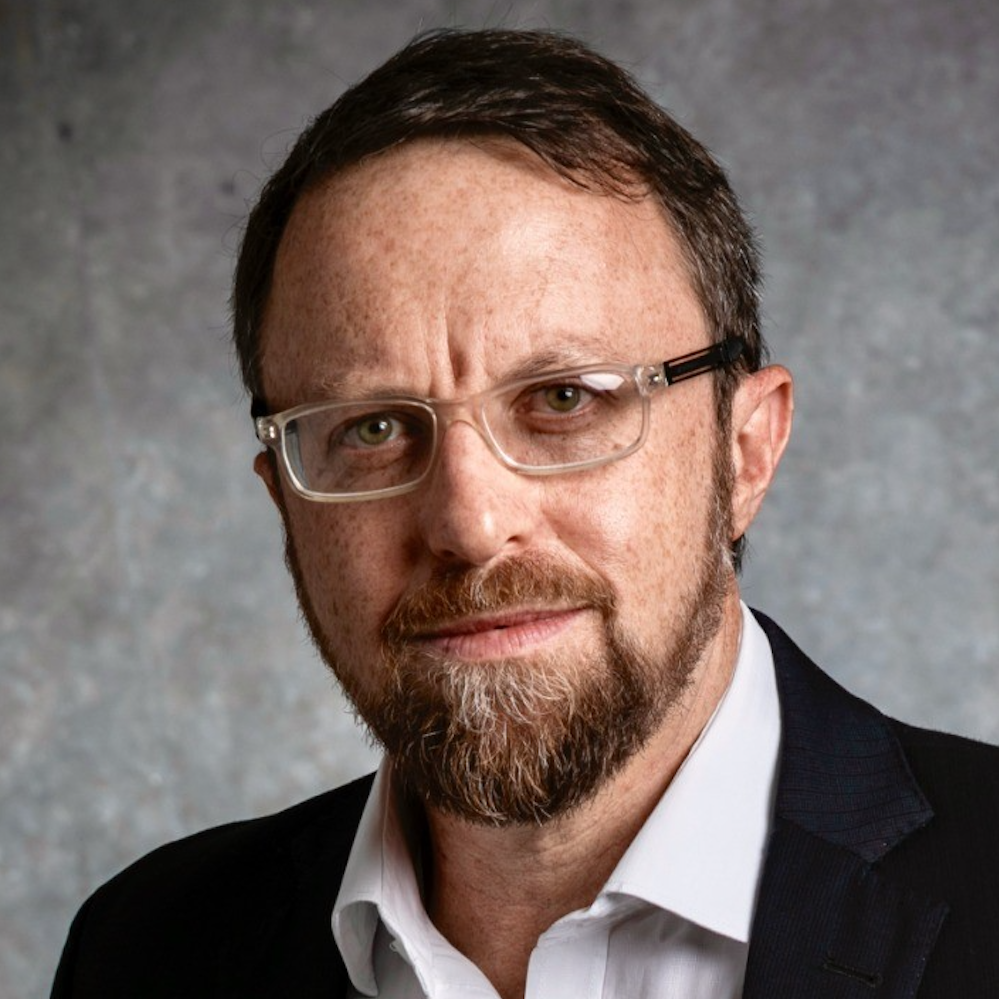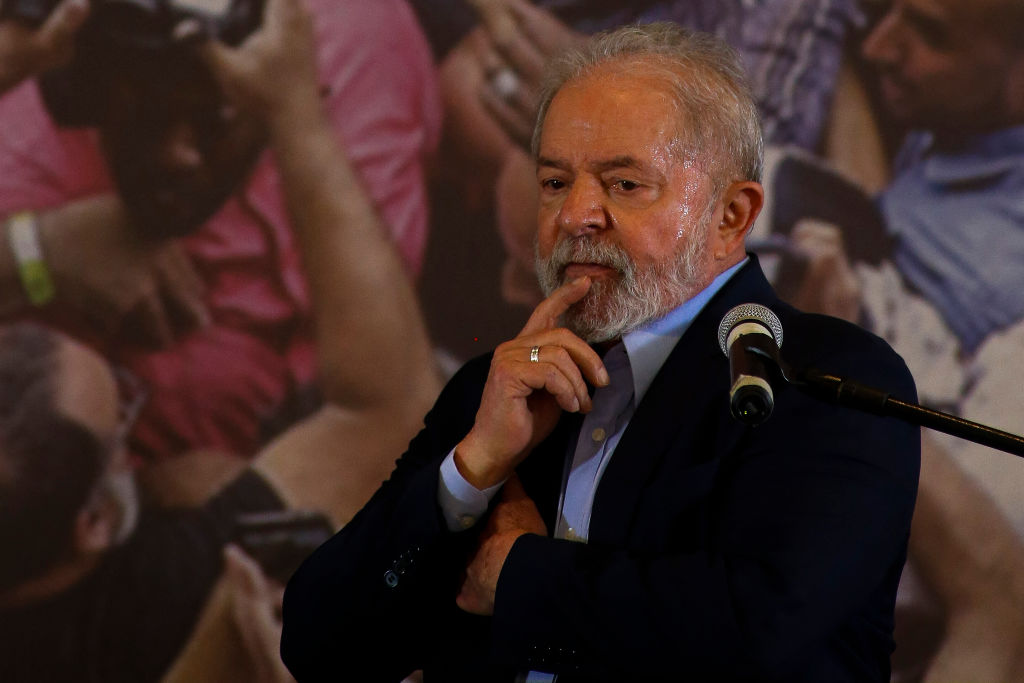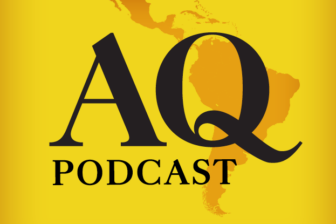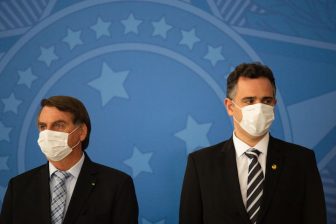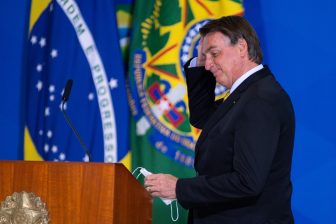RIO DE JANEIRO – In 2007, Brazil’s then-president Luiz Inácio Lula da Silva was asked why he was endorsing a tax bill that he had fought against for years while in opposition. “I’m not ashamed to change my mind. I prefer to be a walking metamorphosis and change whenever the facts change,” he said, quoting the chorus of “Metamorfose Ambulante,” a 1970s Brazilian pop song. Out of office since the end of his second term in 2010, next year Lula will seek a third term — and again, he will do it as a walking metamorphosis.
Brazilian politics has been upside down since March 8, when the Supreme Court overturned the convictions that had sent Lula to jail for almost two years, preventing him from seeking to retake the presidency. It came as surprise even to Lula himself, who was already looking for a retirement house for himself and his new wife in the northeastern city of Salvador. But soon after the decision, he was back to politics, now in the role of current president Jair Bolsonaro’s most formidable opponent.
Two weeks ago, the conservative newspaper O Estado de S. Paulo published a poll showing Lula soundly beating Bolsonaro in next year’s presidential elections – by such a large margin that no runoff would be necessary. Though polls differ on the size of Lula’s advantage over the incumbent president, they agree on three points: 1) More than half of Brazilians disapprove of Bolsonaro’s government, especially because of his handling of the coronavirus pandemic. (The past week has brought fresh scandal on this front, as allegations have come to light of irregularities in deals for doses of an Indian coronavirus vaccine, Covaxin.) 2) Even if Lula failed to win in the first round, he would currently beat Bolsonaro in a second. And 3) There are few prospects for a third candidate to disrupt the polarization that a Lula-versus-Bolsonaro election will encourage.
Given this scenario, many Brazilians (and foreign investors) are now asking: Which Lula will run in 2022? The socialist who advocated defaulting on the foreign debt in the 1980s and 1990s? The smart leftist who, in 2003, entered office with an orthodox fiscal policy in one hand and a huge social program in the other? Will it be as a big-government-minded president? Or the spiteful ex-convict who said his prison sentence was the result of a conspiracy by prosecutors, media moguls, big oil companies and the U.S. Department of Justice?
I spoke to several current advisers from the Lula camp, who maintain that a new Lula is emerging, one looking to build as big a tent as possible. “At this point,” a former minister in Lula’s government told me, “we are less worried about our economic program than about guaranteeing there will be a free and fair election next year. If Lula wins, we need support from everyone to ensure he will take office and be able to govern for his entire term – and this will not be a simple task.”
Framing Lula’s campaign as a defense of democracy makes sense. Almost every day, Bolsonaro says that Brazilian electronic voting machines are compromised and pushes a bill which would have elections carried out using paper ballots. There is substantial evidence that Bolsonaro may not accept an electoral defeat and could be contemplating a Brazilian version of the U.S. Capitol attack of January 6. (Bolsonaro was the only foreign head of state to defend the mob.)
As the coronavirus pandemic continues to kill about 1,700 Brazilians every day, Lula’s campaign is keeping a relatively low profile for the time being. Lula himself has been avoiding crowds but is talking every day by phone with old political allies and even some rivals. The most important of these personal meetings to date was with his predecessor in the presidential palace, Fernando Henrique Cardoso, with whom he has a “frenemy”-type relationship. “At the right moment, we will be on the same side defending democracy,” Cardoso has said. The picture of the two former presidents fist-bumping while wearing face masks in May had an enormous encouraging effect on the Brazilian establishment’s efforts to isolate Bolsonaro. Lula has also met with evangelical leaders, who represent an influential religious group that Bolsonaro won decisively in 2018, with 70% to his rival’s 30%.
On the economic side, Lula has worried some investors by saying he will seek to revoke the so-called “fiscal ceiling” law approved by Congress in 2016. But a close economic advisor to the former president tried to convey the idea a third Lula term would deploy a relatively moderate center-left approach to the economy, although with a clear post-pandemic feel. “If you want to imagine Lula’s economic plan, just look at what [President] Biden is doing in the U.S.,” this advisor told me. “The pandemic left millions without jobs, the public health system needs to be rebuilt and our industries are not environmentally sound. We need the state to intervene, but we are not irresponsible. We can’t print dollars like Biden can, so we will do what we need to do and signal to the markets that in the medium term our public deficits will get smaller.”
The Workers Party is also – perhaps ironically – quite pleased with the income tax reform the Bolsonaro government recently sent to Congress, which includes a tax cut for low-income individuals and the reintroduction of taxation on dividends – a proposal that has met with furious opposition from financial markets. “The Bolsonaro government taxing the rich is like Nixon going to China. So even if Congress does not approve this now, we will send it again if Lula wins,” the adviser told me.
Markets calm, for now
In normal times, a Lula plan calling for a bigger state with more taxes on the rich would create a panic in financial markets. So far it has not, despite Lula’s strong position in polls. The first reason is that the only other option is Bolsonaro, and his liberal credentials (in the economic sense) these days are highly dubious. The CEO of state-oil company Petrobras is a former general, the public debt has soared to over 85% of the GDP and right before the election the government is expected to increase by 25% the payout of the Bolsa Familia social program (which, by the way, was a trademark of Lula’s government). The “fiscal ceiling” has also come under heavy pressure during his presidency.
The second reason for today’s calm in the markets is a relative lack of information. For the time being Lula is speaking only with other politicians, even prohibiting his advisors to attend bank meetings until much closer to the election date. “Bolsonaro is in charge. We won’t fall into the trap of answering for the economic situation he created until the campaign starts,” a former minister told me. Finally, the last reason is the hope his economic policy would be more like his first term between 2003-06 and less like the years under Dilma Rousseff, who succeeded Lula and led the country into its deepest recession on record. “In the end, Lula will find himself a good vice president and the markets will adapt themselves (to the idea) that Lula’s (2003-10) government wasn’t that bad,” respected asset manager Luis Stuhlberger said in a recent live conference with other investors.
Moving to international relations: For the time being, Lula’s camp looks warmly on Biden for more reasons than just his economic agenda. While Lula himself harbors some unpleasant memories of Barack Obama because of the failure on the Iran nuclear deal Brazil tried to set up in 2009, his team has strong affinities with the Democrats on a range of issues, from the environment to economics. Senator Bernie Sanders offered public support to Lula even while he was in jail, and they will likely meet when Lula next travels to the United States.
A key point to watch in the relationship between the Biden administration and a potential Lula government is the choice of the new U.S. ambassador to Brazil. Former ambassador Todd Chapman had close ties to the Bolsonaro family, and his impending departure will come as a relief for the opposition. “We will need every international player to pressure Bolsonaro for a clean election. At this point the past doesn’t matter anymore,” a diplomat who worked under Lula’s government told me. “There are many similarities between Biden and Lula. Both are old politicians facing an authoritarian menace. As Biden did in 2020, Lula will use his campaign to try to heal Brazil.”
The actual consequences of this alignment would be mixed. On the one hand, today’s officials in Washington would philosophically have more in common with Lula than with Bolsonaro, who still takes pride in comparisons with Donald Trump. But it’s also likely that Lula would pursue a more multifaceted foreign policy, compared to Bolsonaro’s narrow focus on – and frequent alignment with – the United States. A few months ago, Lula said he would have solved the lack of vaccines by “just calling Xi and Putin.” Last week, in an interview with Chinese outlet Guancha for the commemoration of the 100th birthday of the Chinese Communist Party, Lula declared that “China fought the coronavirus so quickly because it has a strong political party and a strong government. Brazil doesn’t have it, neither do other countries.” For Lula, getting closer to the U.S. while at same time praising the Chinese Communist Party is not a contradiction. He is said to be proud of being one of the few leaders in the world who had personal relations with George W Bush and Hu Jintao, the leaders of the United States and China, respectively, during his presidency.
Lula has changed before. In the 1980s and 1990s, beginning under the military dictatorship, he created the first Brazilian left-wing party and ran as a socialist candidate in the presidential elections of 1989, 1994 and 1998. He got second place in all three and eventually became tired of losing. In the 2002 election, he brought on a billionaire entrepreneur to serve as running mate, hired a famous marketer and wrote a statement assuring financial markets he would respect all contracts. It worked. If these transformations are any indication, a new metamorphosis is on the way.
—
Traumann is a journalist and independent consultant. He was Brazil’s communications minister from 2014-15.


